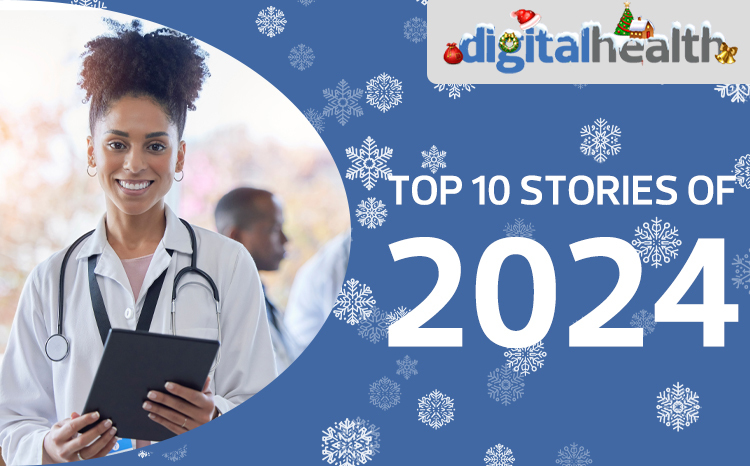Fake drug web sales to hit €50 billion
- 28 January 2010
The global sale of online counterfeit drugs is likely reach €50 billion in 2010, according to research by UK, Swedish and American academics.
The research, which covers more than 50 studies published 1995-2009, provides an overview of the scale of counterfeit internet drugs and shows a 92% increase over the last five years. It also estimates that 90% of fake medicines are sold online.
The review, which is published in the International Journal of Clinical Practice specifically focused on erectile dysfunction drugs and found that as many as 2.3m ED are sold a month, mostly without prescription.
Dr Graham Jackson, lead author of the study and a London based cardiologist, said: “We discovered that 150 patients had been admitted to hospitals in Singapore after taking counterfeit tadalfil and herbal preparations that claimed to cure ED. Seven were comatose, as the drugs contained a powerful drug used to claim diabetes. And four subsequently died.”
Other deaths came from pregnant women injected with fake iron for anaemia and children who took paracetamol syrup contaminated with antifreeze.
The review calls for much greater public awareness around the risks of counterfeit drugs.
“In some cases producing counterfeit medicine can be ten times as profitable per kilogram as heroin, yet in the UK someone can face greater legal sanctions if they produce a counterfeit T-shirt.
“What is clear is that that we need much greater public awareness of the risks of buying counterfeit drugs, as lives are at risk. It is essential that healthcare clinicians get that message across.”
Link





